The high-profile trial of prominent Beijing attorney Li Zhuang, accused of “fabricating evidence” in defending a client, has captured the attention of legal circles as well as the general public in China. At issue is the question of whether China’s legal system is being manipulated in a power struggle between two political factions.
Media have been barred from the courtroom and traffic along sections of the road outside the court has been controlled. A heated debate was anticipated by courtroom watchers when Li’s attorney filed an appeal of Li’s two-and-a-half-year sentence that was handed down on Jan. 8.
The appeal was heard in a Chongquing courtrrom beginning Feb. 2. Li surprised everyone by admitting guilt. The judge deferred sentencing until Feb. 9, at which time he pronounced a sentence of 18 months, citing Li’s admission of guilt as the reason for the reduced sentence, according to a Legal Evening News report.
After hearing his sentence of 18 months, and in a second surprise move, Li grabbed the microphone, shouted that his previous admission of guilt was the result of coercion, and said the local regime had promised him probation if he entered a guilty plea.
Li’s defense lawyer, Gao Zicheng, spoke with the Legal Evening News. He said Li had told him about two visits from Chongqing authorities while in the detention center, but said “Li did not disclose the content of the conversations, saying that it was secret.”
Background of Li Zhuang’s Case
On Nov. 20, 2009, Mr. Li Zhuang, a 48-year-old attorney from Beijing’s reputable Kangda Law Firm, was assigned to defend gang boss Gong Gangmo, the head of a group of 34 gang members charged with organized crime. Gong’s wife and cousin signed contracts with the firm. Li Zhuang and lawyer Ma Xiaojun were assigned to work together on the case. Gong’s family paid 1.5 million yuan ($220,000) in fees.
Gong had been arrested during the “hitting the black” campaign initiated by Bo Xilai, the Communist Party chief of Chongqing. Launched in June 2009, the campaign was trumpeted as a means to crack down on gangsters and local corruption. Although it was highly praised by the state-run media, many analysts say the campaign had a second agenda—defaming Bo’s predecessor, Mr. Wang Yang.
On Dec. 12, quite unexpectedly, Gong reported to the court that Li had instructed him to fabricate evidence by accusing the police of torture. Li was arrested the next day, and on Dec. 20, the Jiangbei District People’s Procuratorate began prosecution of Li. On Dec. 30, the trial opened at a local court.
Li was convicted and sentenced to two and a half years in prison on Jan. 8. His appeal was filed a week later.
It took less than a month for the entire course of the judicial proceedings—a pace Chinese lawyers call “Chongqing speed.”
At 9:30 a.m. on Feb. 2, the second trial began in the No. 1 Intermediate People’s Court in Chongqing City. The court hearing went on until 11:30 p.m. when the judge announced a recess.
The court hearing resumed at 9:30 a.m. on Feb. 3? the judge announced the verdict would be rendered at a future date. On Feb. 9, Li was sentenced to 18 months, a sentence which prompted his courtroom outburst.
China’s Legal System—Moving Forward or Backward
Beijing lawyer Tang Jietian says the case is not a simple one. It raises the question of whether the “hitting the black” campaign was really directed at local corruption and gangsters, and thus provides a clear signal as to whether the Chinese legal system is moving forward or backward.
“I am not surprised at the verdict,” he said. “In order to prove that what they (the regime) did was right, they have to try to cover up the facts with a plausible excuse. It is an effective trick that they have been using for decades. ”
As to whether Li Zhuang will appeal this current verdict, another Beijing lawyer, Li Heping said, “In China the appeals channel is mostly blocked. The appeals system exists in name only.”
Read the original Chinese article.
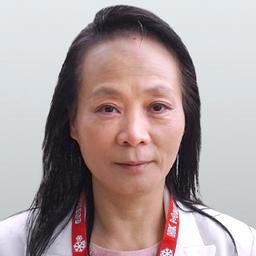
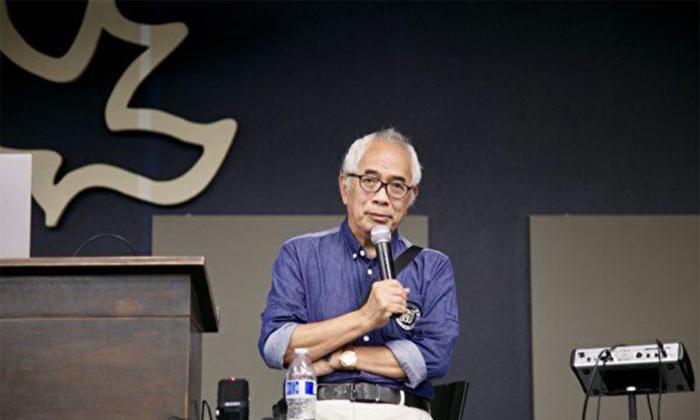
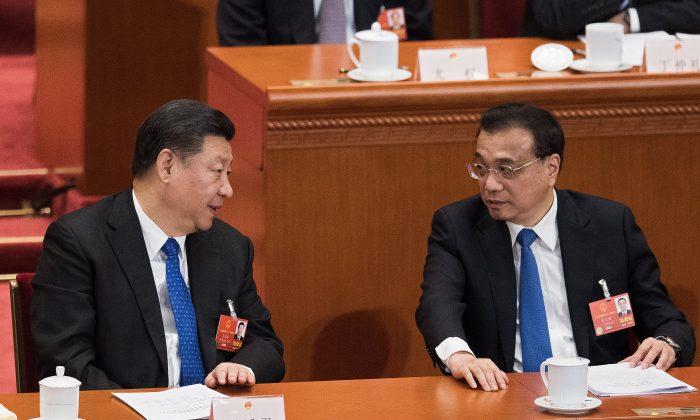
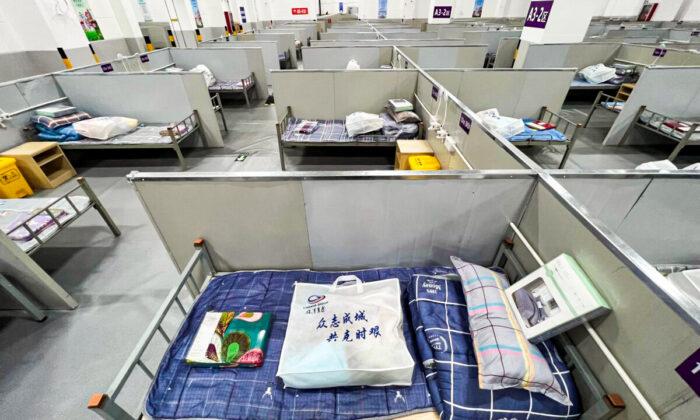
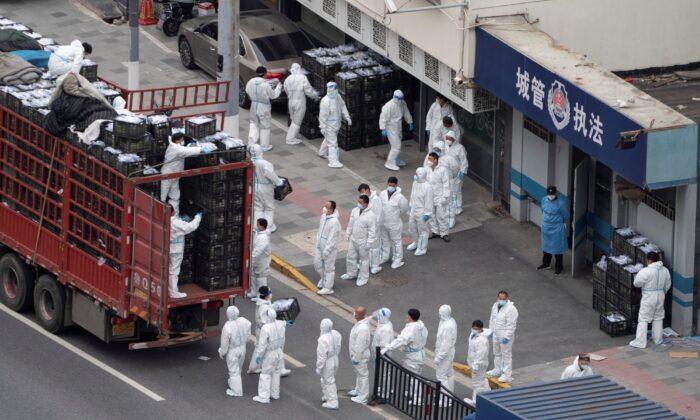
Friends Read Free